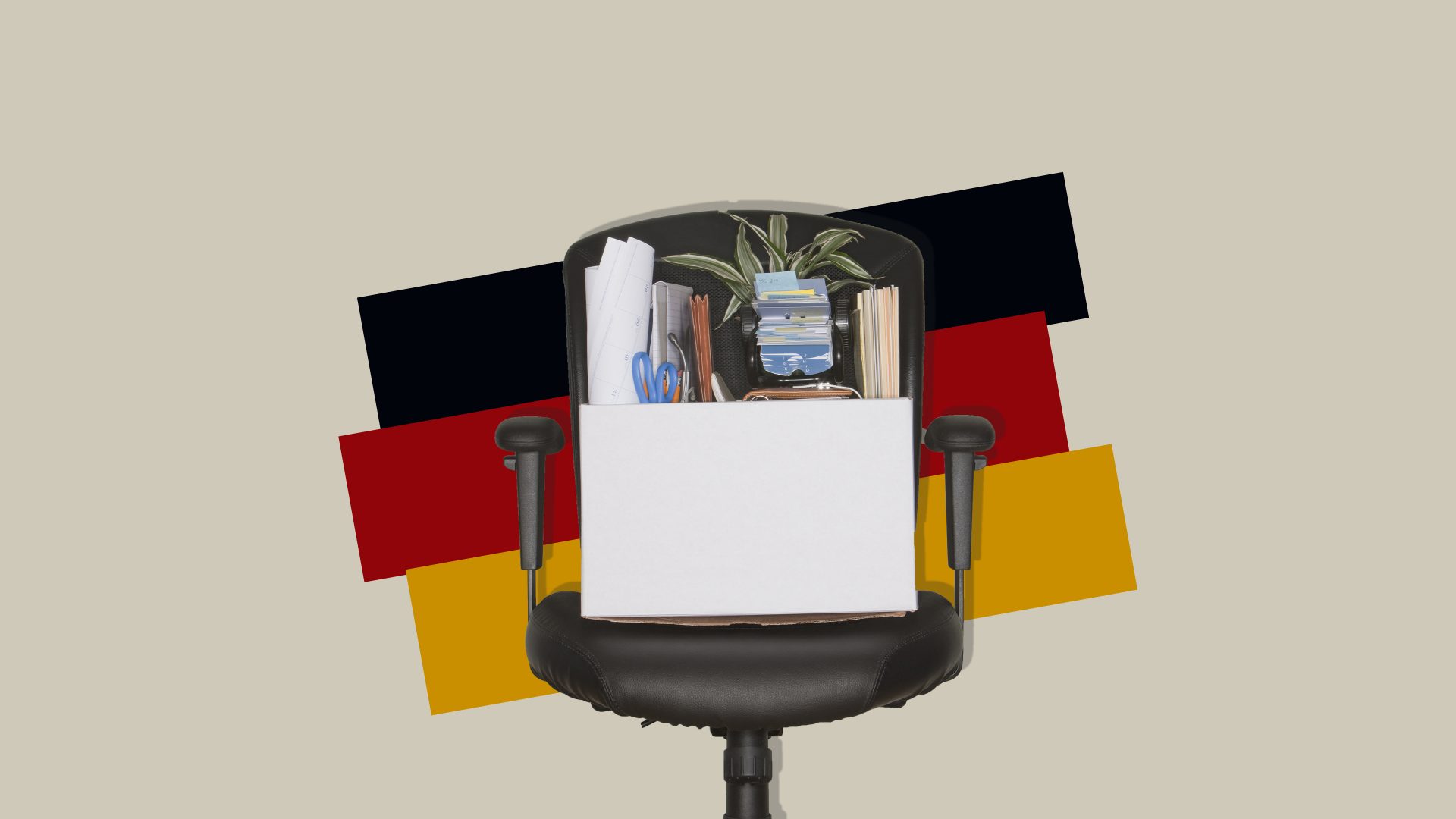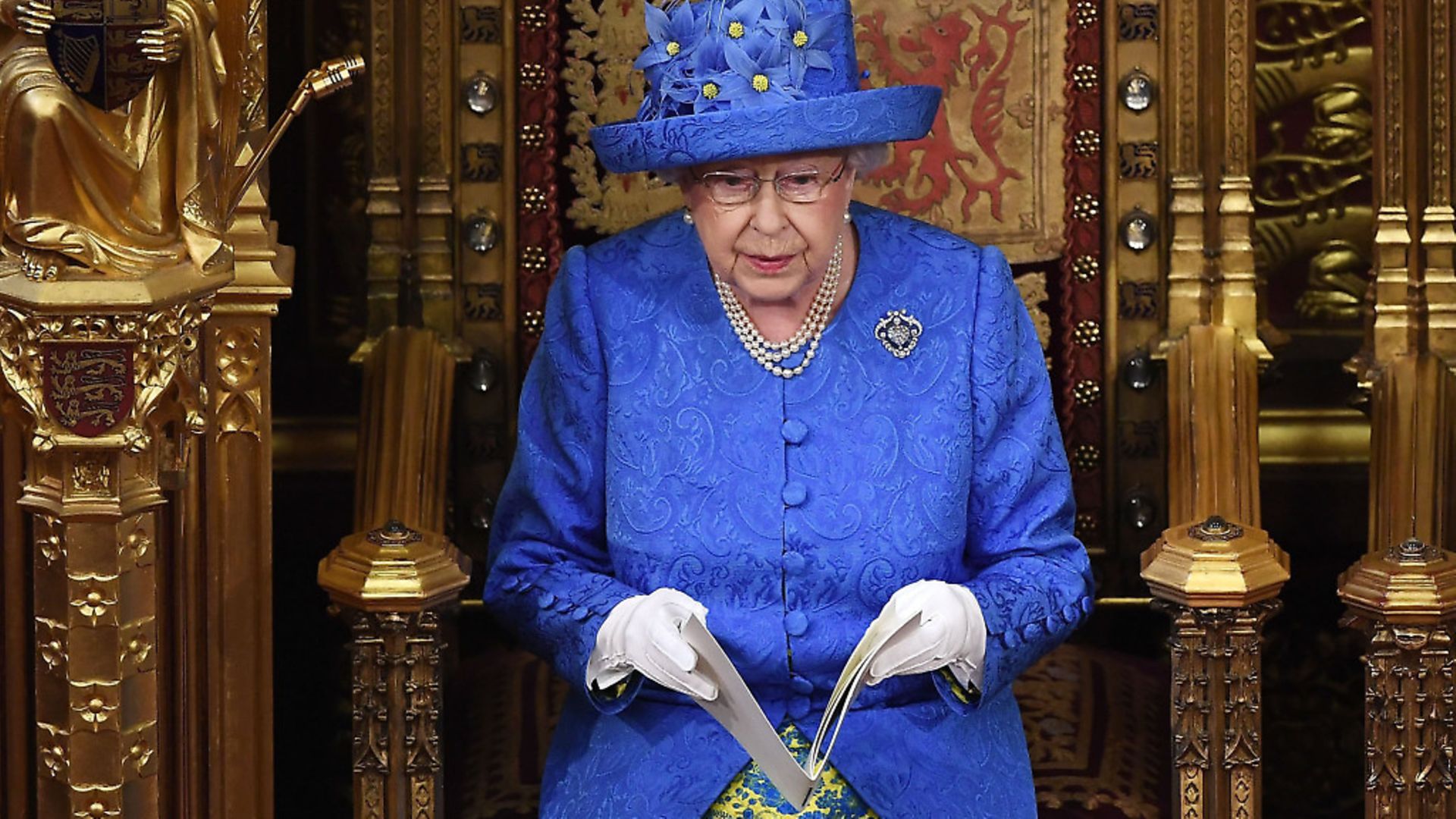Is there a proper time in politics to step down? After breaking a Covid law you yourself introduced, maybe? Or when your family masters the art of tax avoidance? Or simply if you’re lousy at your job?
In Germany there’s a sentiment that “früher war alles besser” (“in the good old times”), politicians knew when to fall on their sword. While today’s generation supposedly defies this and carries on regardless.
This is of course glorifying the past because back then, like today, we see:
Type 1: unforced resignations (very few)
Type 2: forced resignations (few, and nearly always too late for a dignified exit)
Type 3: no resignations at all (the vast majority).
All of this considered, we’ve had quite a yield in the last two weeks: two cabinet ministers have stepped down. One regional (CDU), one federal whose regional past caught up with her (Green party), both type 2 and in both cases related to the flooding last July, which caused nearly 200 deaths and terrible destruction in the west of Germany. Yet both women, in charge of environmental affairs, decided they needed a summer holiday more than they were needed by their voters.
Aggravating circumstances in the case of the Green party minister, Anne Spiegel: her ministry had played down the flood in a press statement, she had cleared it nonetheless – only asking for politically correct gender language to be used before releasing it.
The truth about the holiday-makers in Mallorca and the south of France came out months after it happened, and only bit by bit. But both had to step down, within days of each other.
Spiegel, who had just been made federal minister for family affairs in Olaf Scholz’s new cabinet, did add one of the cringe-worthier moments to German political history: she delivered a dithery, desperate and painful-to-watch statement on camera. Had she resigned then, she could have saved a scrap of dignity. She missed her chance, and was forced out the next morning by her embarrassed party leadership.
There is a leitmotif here: unless your own party decides it is better off without you, you will get away with (alleged) misdeeds. The chancellor’s role in this is curious: constitutionally he is entitled to ask any member of his cabinet to buzz off. In practice, however, if this minister belongs to a different party, Olaf Scholz depends on his coalition partners.
His government consists of 16 cabinet members. Only seven belong to Scholz’s social democratic SDP. Five run on a Green party ticket, four belong to the free-market FDP.
It is probably due to coalition governments that, unlike in the UK, cabinet reshuffles rarely occur in between elections. Unless of course you have plagiarised or omitted footnotes in your decades-old-dissertation. An academic felony that is apparently unforgivable and has already cost three ministers their posts within the last 10 years.
One of them was in charge of the ministry of defence, less renowned for academic achievements but nicknamed “the ejector seat”. Few ministers there last very long and it has seen many memorable resignations: one minister of defence had a celeb magazine take pictures of him and his new-found love splashing in a Mallorca pool, while German soldiers about to engage in a risky Balkan mission had a vacation ban.
Today in Berlin there is a whiff of the ejector seat in the air again. We don’t have your tradition of bookmakers, but our political analysts heavily speculate on a second resignation soon due in Scholz’s government: the defence minister, Christine Lambrecht, the SDP former minister for justice has, to put it politely, nothing on her CV that qualifies her for the job.
With Lambrecht, an extra problem seems to be that she does not like the military. There are reports about officers complaining she doesn’t even look at them when passing on ministry floors. A uniform-phobic defence minister, particularly in times of Zeitenwende – €100bn (£83bn) to re-arm our troops – and a Russian aggressor? It’s like putting a notorious debtor in charge of the treasury.
Should the defence minister step down, there’s a good chance she’ll take that step in high heels. During her recent visit to the Bundeswehr’s anti-terror unit in Mali she inspected the troops in 10cm-high heels. Admittedly the shoes did match the colour of desert sand. They didn’t meet the army’s expectations, however.
So it does indeed look like one down, one to go in Scholz’s new cabinet.




